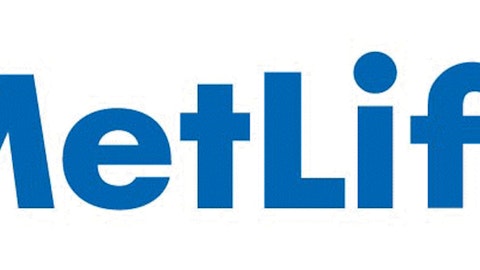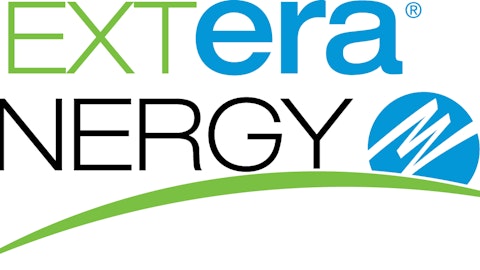Bristol Myers Squibb Co. (NYSE:BMY) investors should be aware of a decrease in activity from the world’s largest hedge funds recently.
According to most shareholders, hedge funds are seen as underperforming, old financial vehicles of yesteryear. While there are more than 8000 funds in operation at present, we at Insider Monkey look at the masters of this group, about 450 funds. It is estimated that this group oversees the majority of the smart money’s total asset base, and by monitoring their highest performing stock picks, we have figured out a number of investment strategies that have historically outstripped Mr. Market. Our small-cap hedge fund strategy outpaced the S&P 500 index by 18 percentage points annually for a decade in our back tests, and since we’ve began to sharing our picks with our subscribers at the end of August 2012, we have outclassed the S&P 500 index by 25 percentage points in 6.5 month (see the details here).
Equally as important, positive insider trading sentiment is another way to parse down the stock market universe. As the old adage goes: there are a number of stimuli for an executive to drop shares of his or her company, but just one, very simple reason why they would behave bullishly. Many empirical studies have demonstrated the useful potential of this strategy if you understand what to do (learn more here).
Now, let’s take a glance at the latest action regarding Bristol Myers Squibb Co. (NYSE:BMY).
What have hedge funds been doing with Bristol Myers Squibb Co. (NYSE:BMY)?
At the end of the fourth quarter, a total of 37 of the hedge funds we track were long in this stock, a change of 0% from one quarter earlier. With hedge funds’ positions undergoing their usual ebb and flow, there exists an “upper tier” of notable hedge fund managers who were upping their stakes significantly.
Of the funds we track, Jim Simons’s Renaissance Technologies had the most valuable position in Bristol Myers Squibb Co. (NYSE:BMY), worth close to $432 million, comprising 1.3% of its total 13F portfolio. Sitting at the No. 2 spot is Adage Capital Management, managed by Phill Gross and Robert Atchinson, which held a $268 million position; 0.1% of its 13F portfolio is allocated to the stock. Remaining hedge funds with similar optimism include Samuel Isaly’s OrbiMed Advisors, Mario Gabelli’s GAMCO Investors and James E. Flynn’s Deerfield Management.
Seeing as Bristol Myers Squibb Co. (NYSE:BMY) has faced falling interest from the aggregate hedge fund industry, it’s easy to see that there was a specific group of hedgies that decided to sell off their positions entirely heading into 2013. At the top of the heap, Louis Navellier’s Navellier & Associates cut the largest investment of the 450+ funds we monitor, totaling close to $61 million in stock., and Donald Chiboucis of Columbus Circle Investors was right behind this move, as the fund said goodbye to about $9 million worth. These moves are interesting, as aggregate hedge fund interest stayed the same (this is a bearish signal in our experience).
How are insiders trading Bristol Myers Squibb Co. (NYSE:BMY)?
Insider trading activity, especially when it’s bullish, is particularly usable when the company in question has experienced transactions within the past half-year. Over the last half-year time frame, Bristol Myers Squibb Co. (NYSE:BMY) has seen zero unique insiders purchasing, and 13 insider sales (see the details of insider trades here).
With the returns shown by the aforementioned research, retail investors must always monitor hedge fund and insider trading activity, and Bristol Myers Squibb Co. (NYSE:BMY) is an important part of this process.
Click here to learn more about Insider Monkey’s Hedge Fund Newsletter
Insider Monkey’s small-cap strategy returned 29.2% between September 2012 and February 2013 versus 8.7% for the S&P 500 index. Try it now by clicking the link above.






